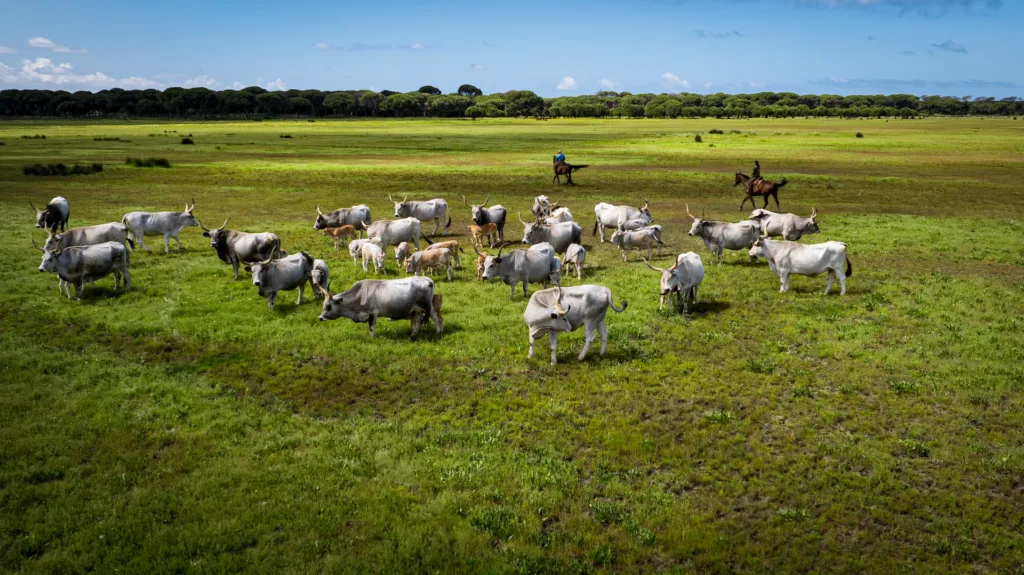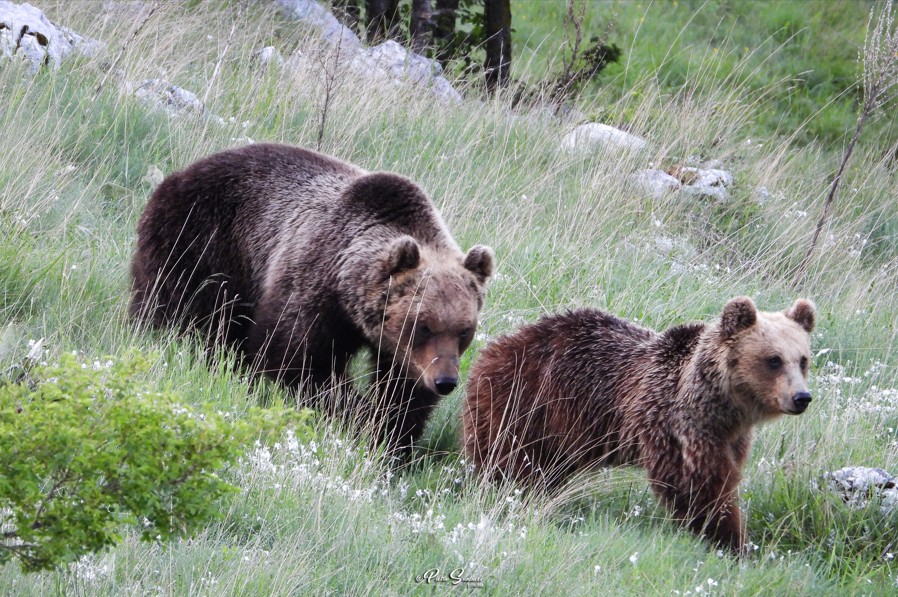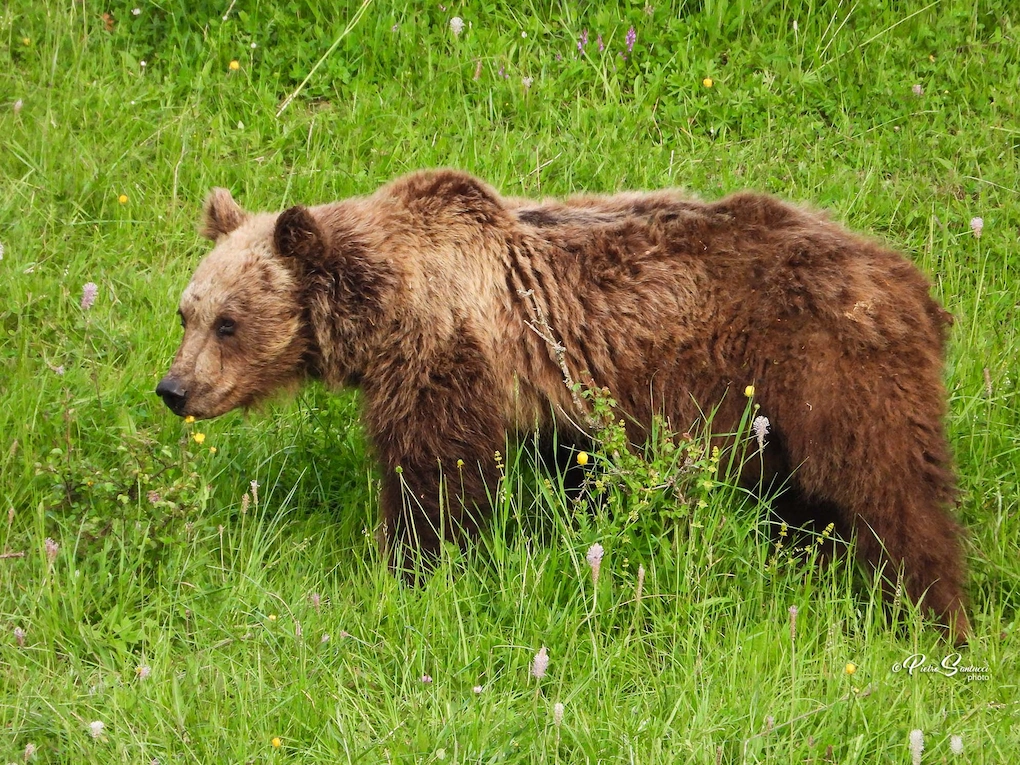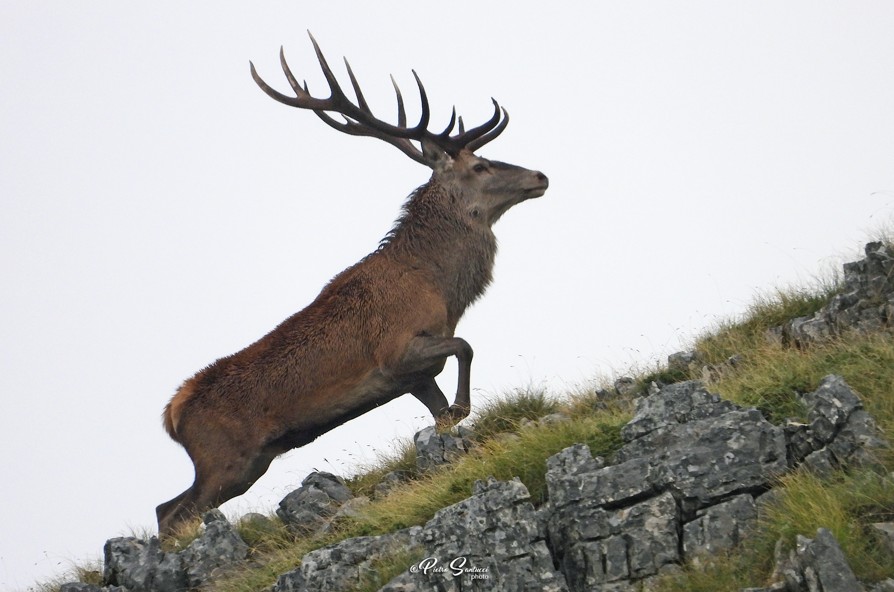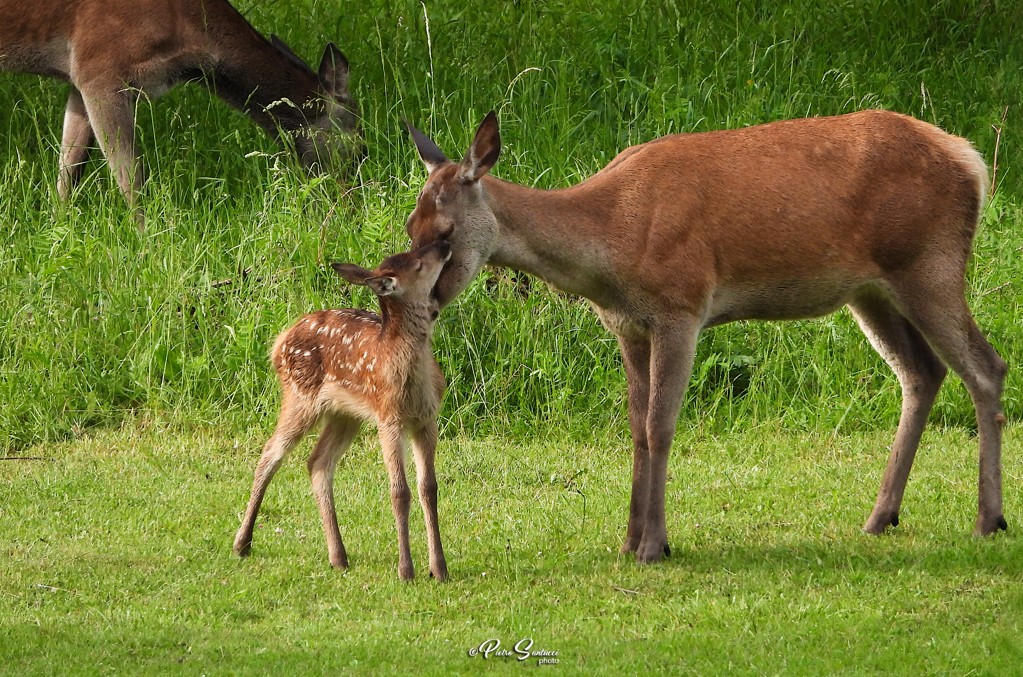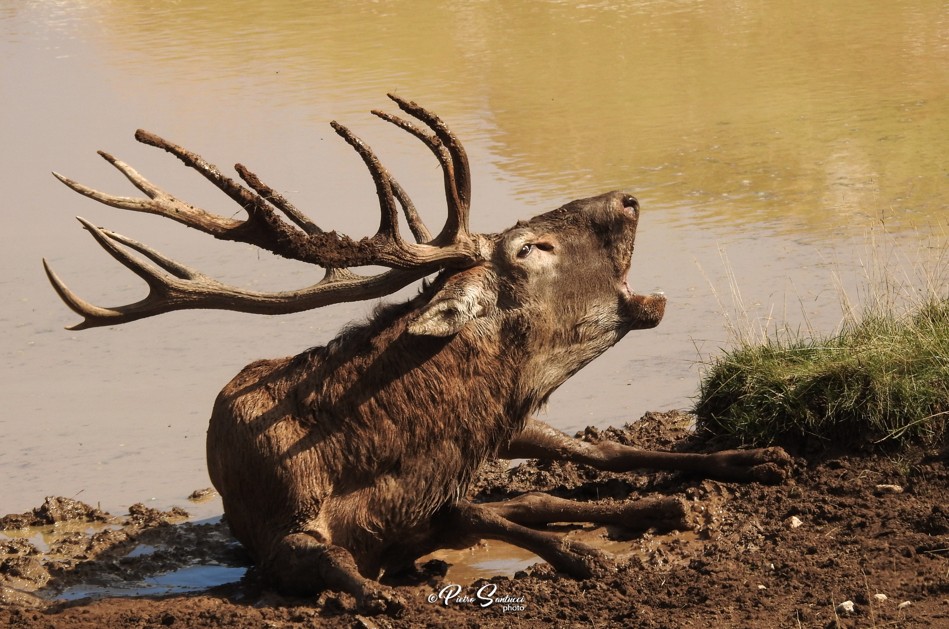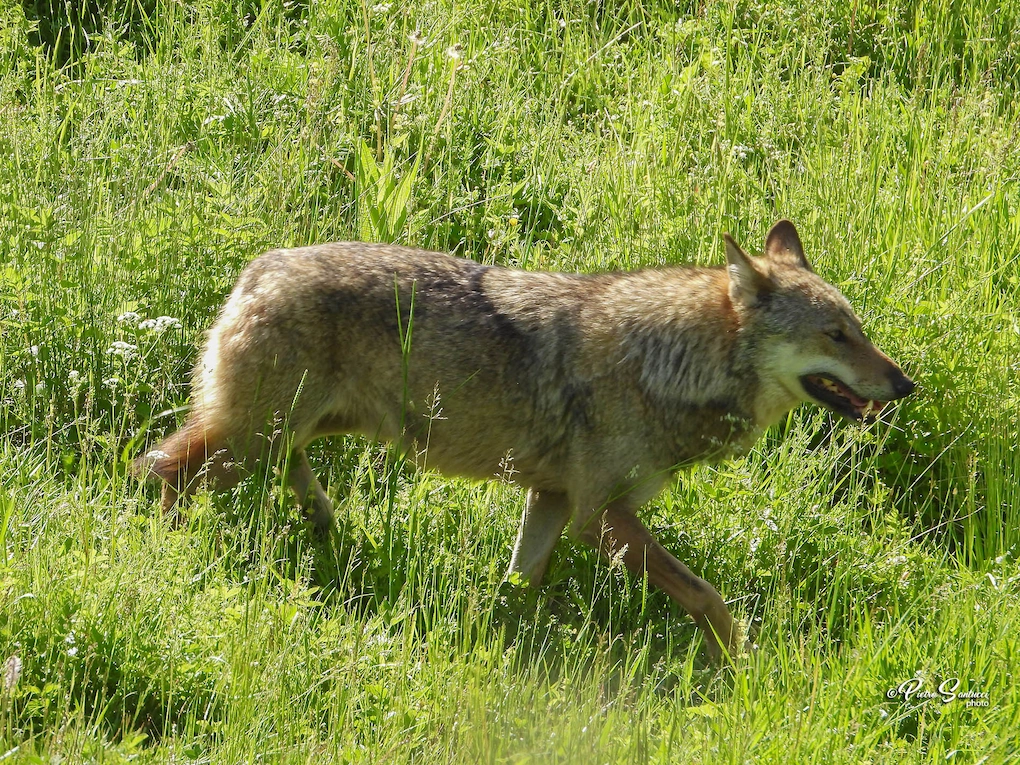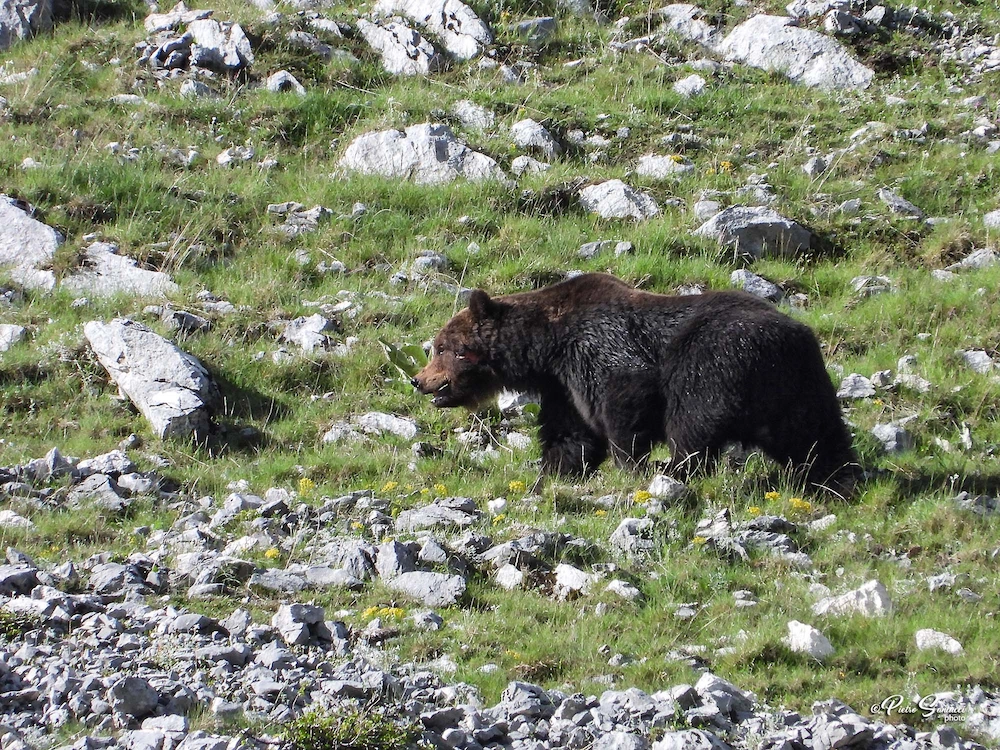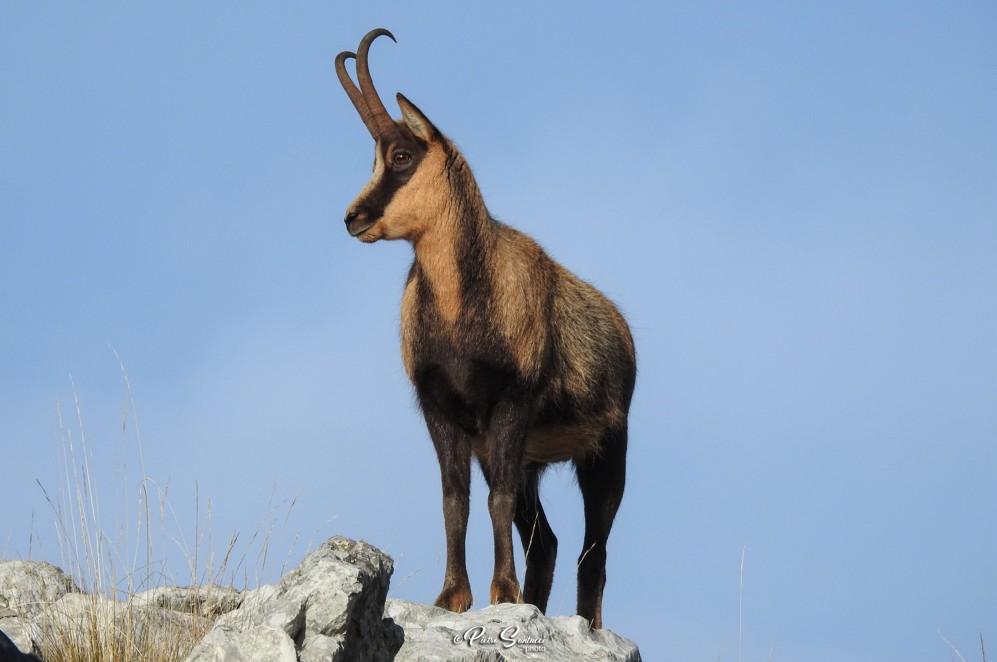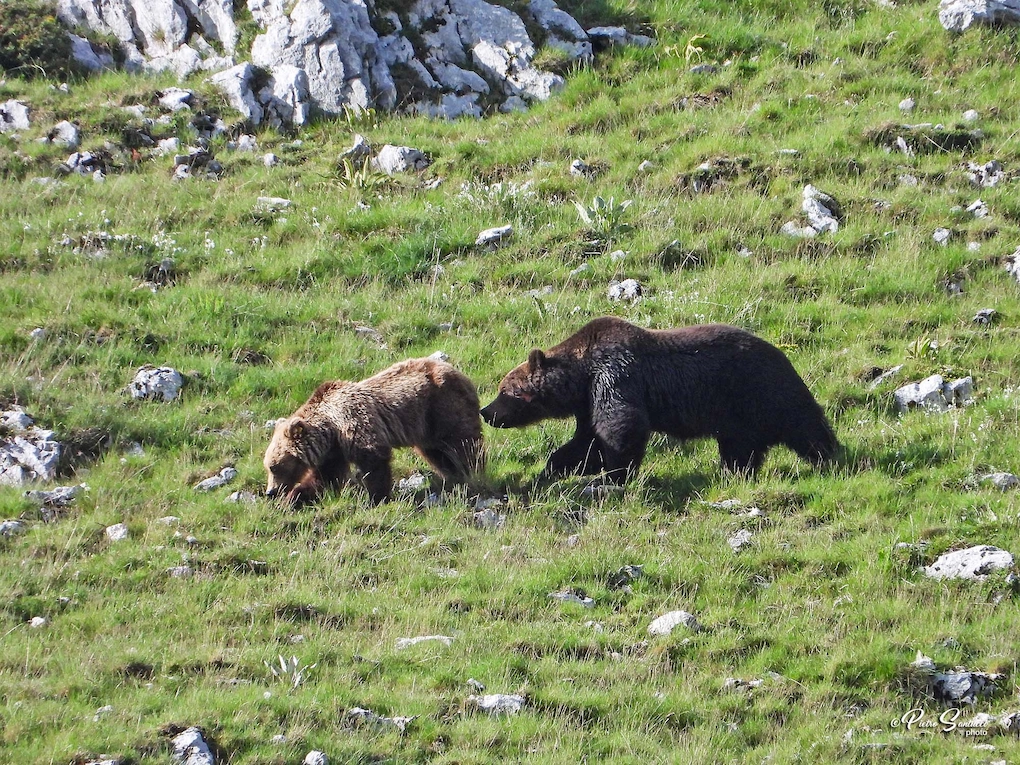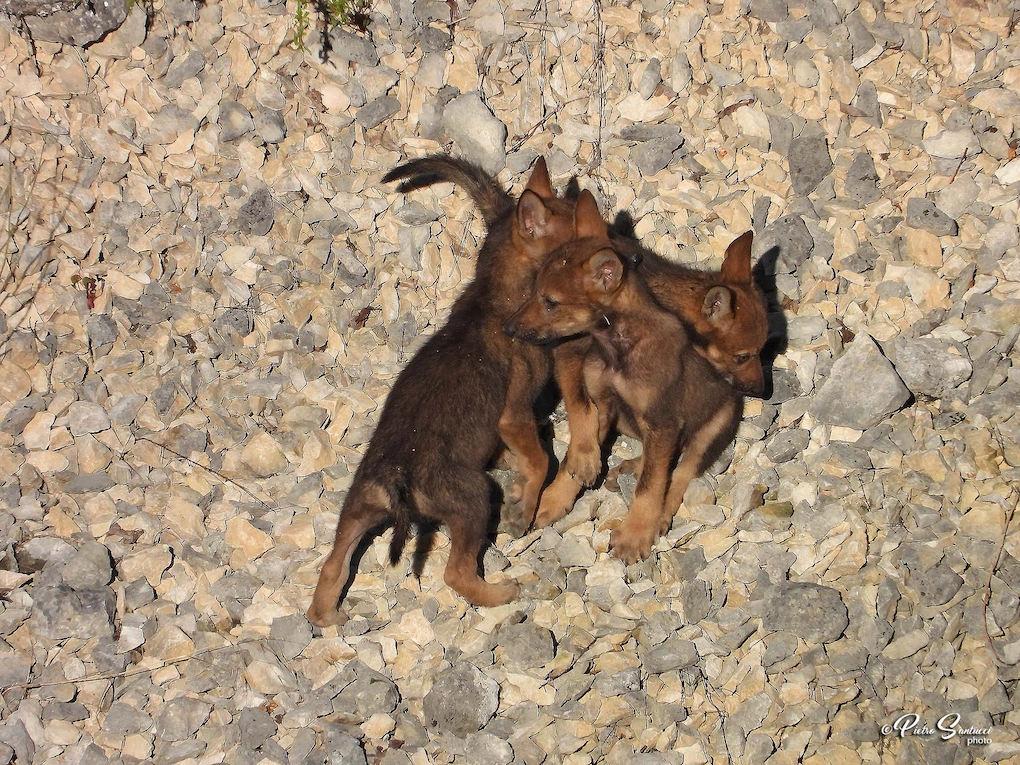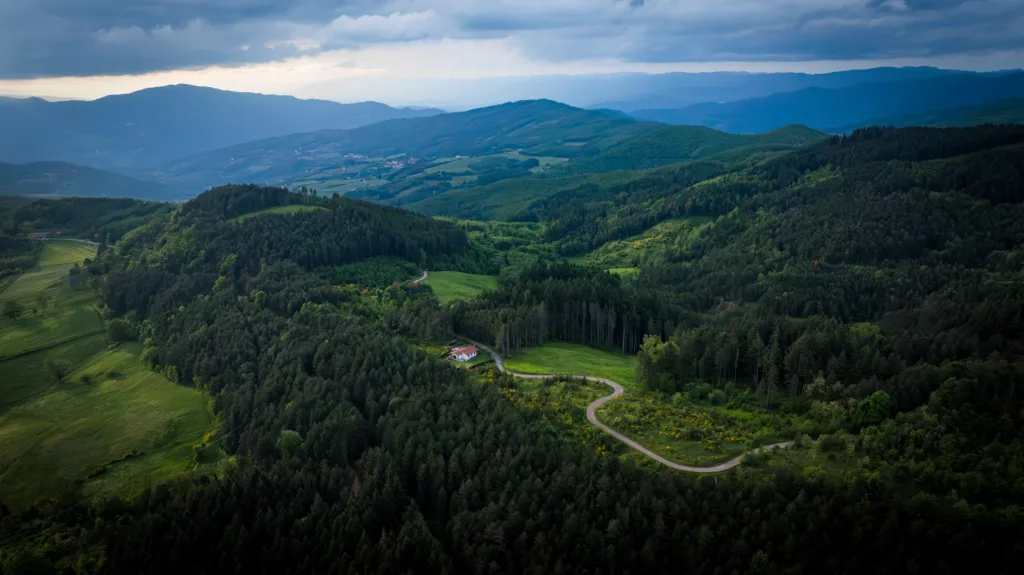
Program Costs
- Tuition
- Room & Board
- Total
Application Deadlines
Resources
Pastures and Predators: Rewilding Central Italy
What does it take to restore nature in landscapes shaped by centuries of agriculture? In this immersive program based in rural Central Italy, students explore how ecosystems can recover in working agricultural lands, from olive groves and vineyards to rewilding mountain pastures. Fieldwork, excursions, and community engagement offer a firsthand look at the ecological and cultural dimensions of restoration, as well as the conflicts and cooperation between wildlife conservation and food production. Students learn how restoration is unfolding on the ground, navigating both EU-level policy and the lived realities of farmers, rangers, and rewilding advocates.
- Monitor wolf and Marsican bear populations alongside researchers in the Apennine Mountains, and learn how rewilding projects are reshaping rural communities and conservation in Italy
- Visit the wetlands at Orbetello Lagoon, a vital stopover for migratory birds, to assess ecosystem services with conservation professionals from WWF
- Explore the rugged beauty of Maremma Regional Park, where wild boar, roe deer, and shepherding traditions collide in the ongoing story of human–wildlife coexistence
- Compare restoration approaches across vineyards, forests, rivers, and coastal scrub, and meet the farmers, foresters, and ecologists leading Central Italy’s ecological transformation
Photo Gallery by: Pietro Santucci
Academics
This academically rigorous program follows a five-day/week schedule. Each program combines theory learned during classroom sessions with field-based applications. The interdisciplinary curriculum is designed to help students actively discover and understand the complexities of environmental, social, and economic issues in central Italy.
Major academic themes include:
- Ecological restoration and rewilding in managed landscapes
- Conservation biology in agroecosystems
- Human-wildlife conflict and coexistence
- EU and regional biodiversity conservation policy
Courses
On the Pastures and Predators: Rewilding Central Italy program, you will take one 4-credit course. This course is participatory in nature and is designed to foster inquiry and active learning combining lectures, field exercises, assignments, and tests. This course is taught in English.
Wildlife Coexistence in Agricultural Landscapes
The necessity and urgency of halting and reversing the loss of biodiversity has been repeatedly called for by international organizations such as the UN, FAO, IPBES, EU, national governments and NGOs. More specifically, official strategies and reports such as the UN’s Millennium Ecosystem Assessment (2005), the UN’ s Agenda 2030 (2015), the IPBES Global Assessment Report on Biodiversity and Ecosystem Services (2019), the FAO’s Strategy on Mainstreaming Biodiversity across Agricultural Sectors (2020), the EU’s Biodiversity Strategy (2020), and the UN’s Kunming-Montreal Global Biodiversity Framework (2022), are defining goals, targets and actions to reverse the loss of biodiversity and enhance ecological restoration. However, when it comes to implementing these strategies and action plans on the ground, there is the need to understand what the problems and opportunities of ecological restoration at the local level are. This is particularly true for food systems in densely populated Europe, where almost no pristine natural area exists below 2000 meters altitude. Addressing the mitigation of food system’s impact on the environment to halt the loss of biodiversity, this program is adopting a change of perspective by focusing on the understanding, analysis and assessment of the reality of ecological restoration in making food systems more sustainable. By looking at what is happening in Tuscany and Abruzzo, students will explore the ecological, economic, and sociocultural complexities of sustainably managing ecological restoration in ecosystems historically used by food systems.
This interdisciplinary course explores the complex dynamics of the implementation on the ground of vision, goals, and targets set up by public institutions and the requests that come from communities that live in rural Central Italy. In particular, the transformative targets and actions deemed necessary to achieve the overall goal of “living in harmony with nature by 2050”, although to be initiated and completed by 2030, will be analyzed at a local level in the specific contexts of Central Italy.
Syllabus coming soon!
Core Skills
You will gain practical skills in the field such as wildlife monitoring using camera traps, track identification, and population assessment techniques, field data collection on ecosystem services, habitat evaluation, conservation policy analysis and stakeholder mapping.
Field Sites
You will visit different ecosystems and communities which may include vineyards, olive groves, wetlands, lagoons, coastal ecosystems, pastures and livestock farms, mountain systems, forested landscapes, and fresh water lakes.
Other Italy Programs
Sustaining Traditions: Food, Farming, and Climate
More Information
Program Costs
- Tuition
- Room & Board
- Total
Pastures and Predators: Rewilding Central Italy
More Information
Program Costs
- Tuition
- Room & Board
- Total

